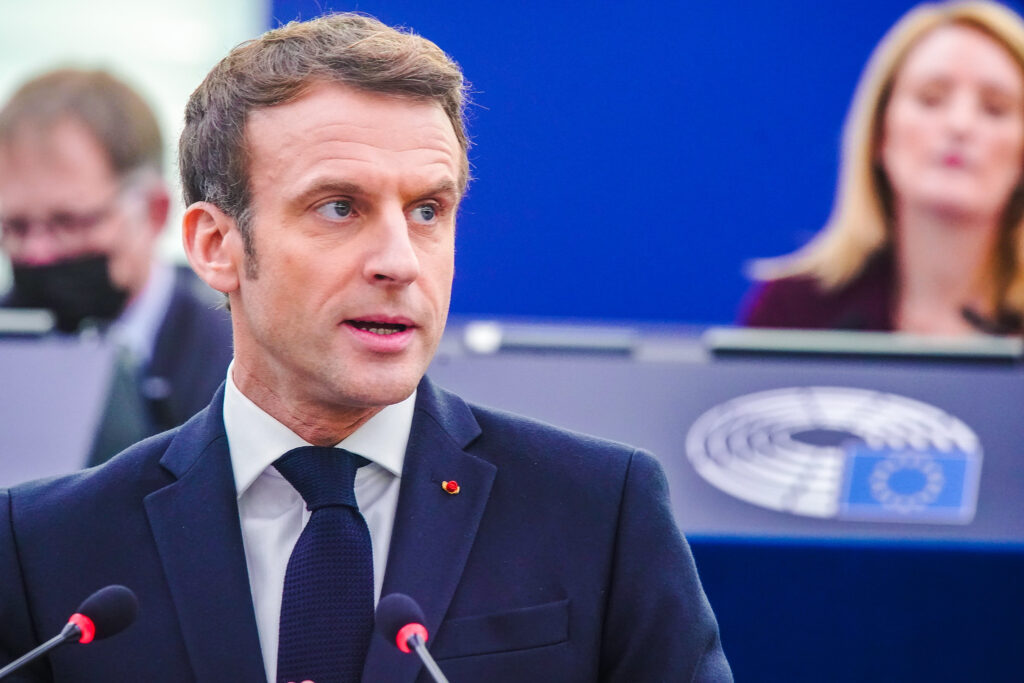
A Historic Trade Deal in the Balance
After 25 years of negotiations, the Mercosur-European Union trade agreement seems closer than ever. European Commission President Ursula von der Leyen’s visit to Uruguay signals a decisive moment for the historic pact, which aims to create the largest trade partnership in the world. However, French President Emmanuel Macron’s staunch opposition threatens to derail the deal. As France defends its agricultural sovereignty and expresses concerns over environmental and economic impacts, the agreement’s future remains uncertain.
France’s Firm Stance: “Unacceptable as It Stands”
During her visit to the Mercosur summit in Montevideo, Von der Leyen was met with Macron’s unequivocal message. According to the French presidency, Macron reiterated that the trade deal, as currently structured, is “unacceptable.” This sentiment was echoed on social media, where the French government stated, “We will tirelessly defend our agricultural sovereignty.”
Political Backlash in France
Macron’s opposition reflects broader political resistance within France. Jordan Bardella, leader of the far-right Rassemblement National party, criticized Von der Leyen’s presence in Uruguay as “a provocation.” Bardella demanded that Macron issue a “firm and definitive no” to the agreement, describing it as “dangerous.”
The left also joined the chorus of disapproval. Manuel Bompard, coordinator of the La France Insoumise party, declared, “France must clearly state that it will never accept this deal.” Such bipartisan opposition highlights the domestic challenges Macron faces in supporting the pact.
The Agreement’s Promises and Pitfalls
The Mercosur-EU agreement aims to eliminate tariffs and boost trade between the two regions, benefiting industries ranging from agriculture to automobiles. For Brazil, the deal promises reduced tariffs on ethanol, sugar, and meat exports to Europe, albeit within modest quotas. Meanwhile, European nations, particularly Germany, seek greater access to Mercosur markets for industrial goods, automobiles, and specific items like wine.
A Contested Vision
Despite these benefits, France views the agreement as a threat to its farmers and national interests. Macron’s government has consistently voiced concerns over environmental and labor standards, fearing the deal’s potential to undermine European protections.
“The line of agricultural sovereignty is non-negotiable,” a French official emphasized, framing the resistance as part of a broader strategy to safeguard France’s economy and values.
A Critical Juncture: Ursula von der Leyen’s Visit
Von der Leyen’s high-profile trip to Uruguay underscores the significance of this moment in the decades-long negotiations. Upon arrival, she declared, “The finish line for the EU-Mercosur deal is near. Let’s work and cross it together.” Her optimism reflects a belief that the agreement could soon materialize, creating a market of 700 million people.
However, her visit has also intensified scrutiny. Diplomats acknowledge that this is the closest the deal has come to fruition, but caution prevails given past collapses in negotiations. “We have been close before,” a seasoned ambassador remarked.
Unity Within Mercosur: A Rare Consensus
On the Mercosur side, member nations have reached a consensus, with leaders like Brazilian President Luiz Inácio Lula da Silva and Argentina’s Javier Milei expressing support. This rare alignment strengthens the bloc’s position as it seeks to finalize the agreement with the EU.
In Montevideo, the stage is set for a potential announcement, with Von der Leyen scheduled to meet Uruguayan President Luis Lacalle Pou. However, even with Mercosur’s unity, the EU’s internal divisions—exemplified by France’s resistance—pose significant obstacles.
A Deal Hanging by a Thread
The Mercosur-EU trade agreement stands at a crossroads. While proponents hail it as a transformative partnership, opponents—led by France—highlight the economic and environmental risks. Macron’s rejection underscores the complexities of reconciling national interests with regional ambitions.
As negotiations intensify, the coming days will determine whether the deal can overcome these hurdles or succumb to the weight of its challenges. For now, the world watches as two continents navigate one of the most consequential trade agreements in modern history.
